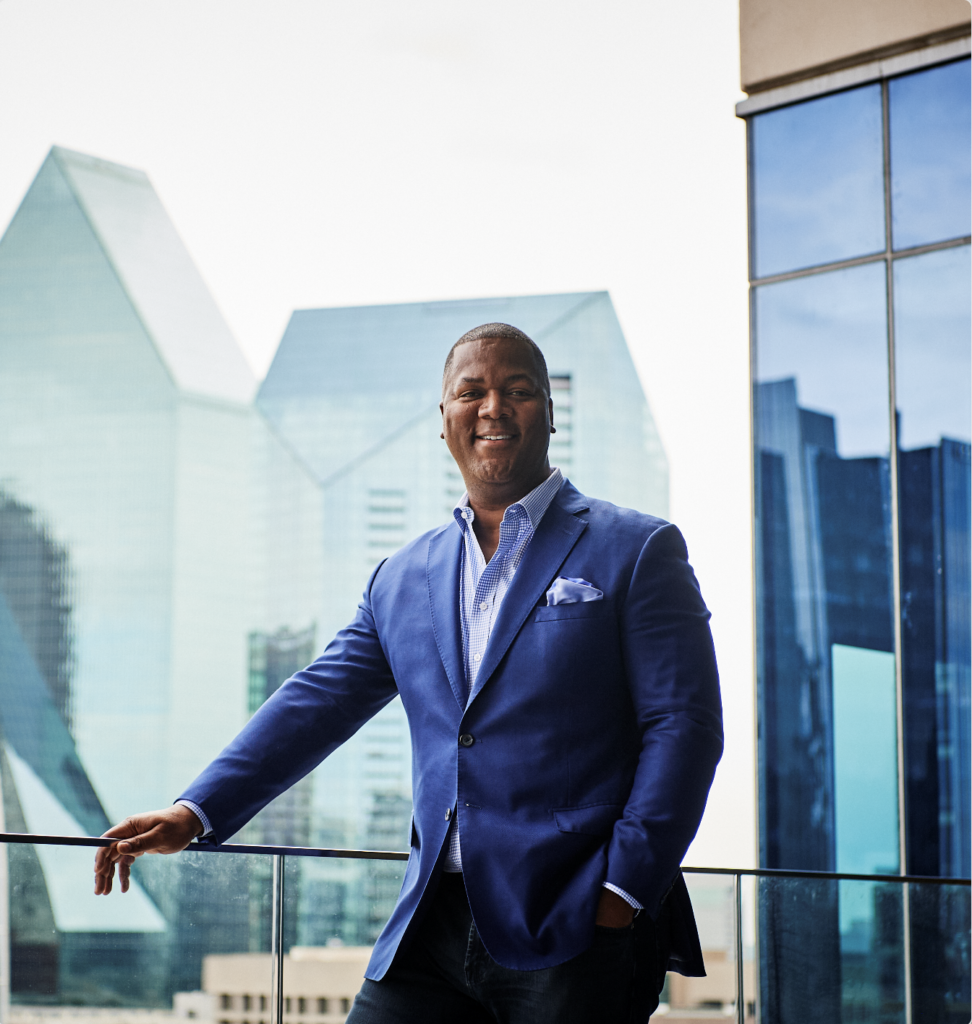Responsibilities of a CEO? Here Are the Core Five
- February 27, 2024

What are the responsibilities of a CEO? I get asked this question a lot, and it’s consistently one of the top search engine terms that leads people to this blog. It’s no wonder that people are curious: The CEO role is different from any other in business. Unless someone has been specifically groomed for the role, it is unlikely that they understand what the various CEO duties are.
Chief executives fulfill many roles, but there are five responsibilities of a CEO. These are the core areas where CEOs should spend the majority of their time. If not, they are not likely to succeed in the job.
Here are the five:
Own the Vision:
The CEO is responsible for the organization’s strategic direction. While others can help create it, only the CEO can ensure that it is indelibly etched in the minds of every employee, customer, and shareholder. After all, it’s difficult to make progress if you don’t know where you are going. Everything the CEO does must support this vision. Too many CEOs allow the vision to be a slogan on a piece of paper rather than a guiding light.
Provide the Proper Resources:
One of the main ways a CEO adds value to an organization is his high-level understanding of all aspects of the business. He is uniquely positioned to make decisions that often no one else can make. This is particularly true when it comes to balancing resources – especially capital and people – across the organization. Skillfully allocating capital and staff across disparate groups and initiatives enables the CEO to best prepare the company for success.
Build the Culture:
Culture is important, and CEOs who take it seriously are more likely to have engaged employees who perform at their best. CEOs need to manage for the culture they want in their organizations. One way to build their own culture is to ensure that a set of clear values is applied consistently across every department. Constant vigilance is key here: CEOs should also regularly measure culture to ensure the organization is on track.
Make Good Decisions:
This one may seem obvious, but CEOs are often surprised at the breadth of decisions that come their way. They can’t be experts in everything. Knowing which decisions to make and which to leave to subordinates is a skill. In addition, similar to providing the proper resources, the CEO is often the only person in the company in a position to make decisions that impact multiple departments. Building an organization that makes good decisions at every level is critical for success.
Deliver Performance:
Everyone knows the CEO is ultimately held accountable for the organization’s performance. He or she must take an active role in driving that performance. The CEO sets the standard and must ensure people are held accountable for performance. This means helping each department set the right metrics and goals and then consistently measuring them. Instilling a culture of high performance is crucial to delivering it.





